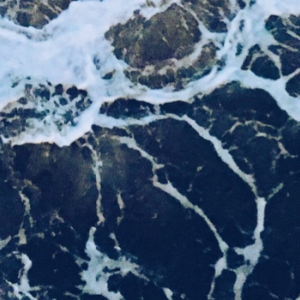TransMountain approved, Northern Gateway rejected

Stephen Hazell
Director of Conservation
and General Counsel
Prime Minister Trudeau is trying to have it both ways in approving the TransMountain project even as his government rejected the Northern Gateway pipeline/tanker project in northern BC.
Rejecting Northern Gateway and continuing the federal moratorium on oil tanker traffic along BC’s north coast is eminently sensible given that these coastal waters are ecologically priceless with abundant birds, whales, fish and marine mammals. They are also dangerous waters for ships: stormy seas in the Hecate Strait can reach 26 metres in height. A clean up of a major oil tanker spill in anything like these circumstances—even with the additional federal measures proposed a few weeks ago–is a fantasy.
But the Salish Sea near Vancouver and Victoria is also ecologically priceless with abundant birds, whales, fish and marine mammals. Boundary Bay near the tanker shipping lanes is a critical Important Bird Area. Increasing oil tanker traffic with TransMountain bitumen in the Salish Sea, with its powerful winter storms and narrow curving channels, will increase the risk of a catastrophic Exxon Valdez-size spill.
How likely is it that governments and the shipowner could clean up a major spill before the oil does its deadly (for wildlife), polluting work? Skepticism is justified given the evidence of the small April 2015 oil spill in Vancouver harbour and the gigantic 2010 BP Deepwater Horizon spill in the Gulf of Mexico. Both spills occurred in benign weather, on calm seas, and close to oil spill emergency responders. Neither clean-up operation went well—to put it mildly.
Canadians deserve serious answers to these questions.



